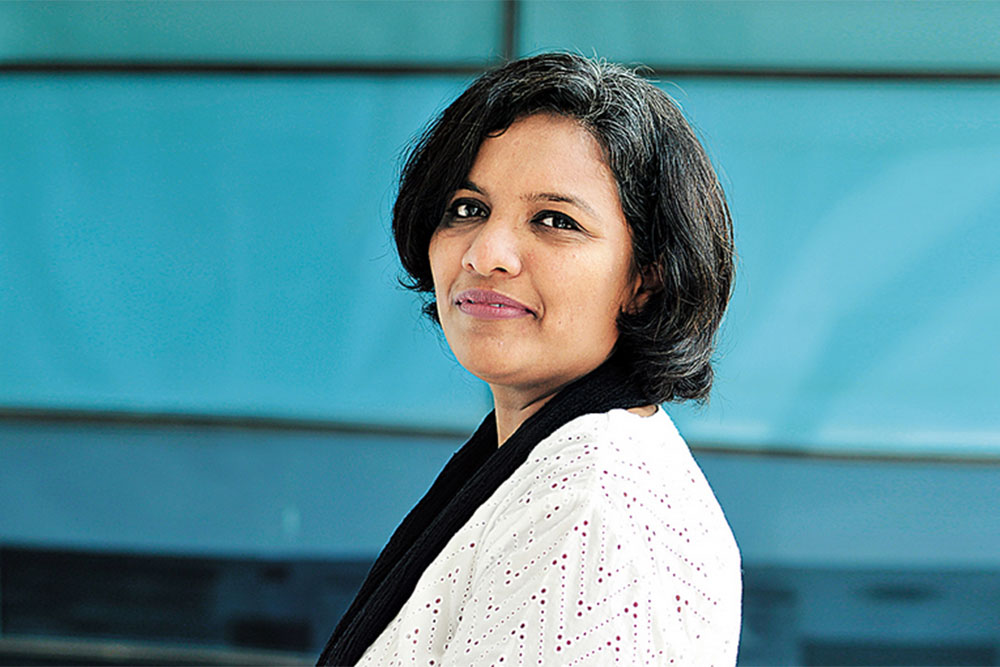When Standard Chartered sold its office building in suburban Mumbai to Sun Pharma for a reported Rs.280 crore in 2014, no one could have anticipated the rot in its books. But bad loans are not made in a day.
The big surprise with StanChart’s error of commission is that it happened at a multinational bank, a breed that you normally associate with better due diligence. It is a given that public sector banks make loans under duress from their political masters, but for a multinational bank, there is no such pressure.
Also, foreign banks in India have largely abstained from corporate lending. By and large, even private sector banks — barring ICICI which chose to stick with corporate lending for historical reasons — have stayed away and instead grown their retail book. This strategic choice made by private players is a reflection of the credit risk around corporate groups, as laws in India have been lax in ensuring a speedy recovery when the borrower defaults.
Even though StanChart was in a sweet spot, it broke the prevailing norm in India. Instead of sticking to consumer credit, the bank accelerated its corporate lending in the country, in line with its intention to capitalise on the growth prospects in Asia. Just like public sector banks, StanChart, too, ended up extending loans to questionable borrowers.
StanChart’s tag line is ‘Here For Good’, and from what the management is articulating, the bank, indeed, wants to live up to the credo. It not only will stay put in India, which is a heritage market, but will also continue its commitment to wholesale banking, having recruited Zarin Daruwala from ICICI Bank as its India CEO. You can read associate editor Krishna Gopalan’s account of what got StanChart where it is today, here.
Among other stories, we have a column by value investor Chaitanya Dalmia, where he talks about two super multi-baggers, and his learning along the way. Our investing feature is on Nalco, which looks cheap considering the cash on its books and its inherent strength as a low-cost producer of aluminium.











